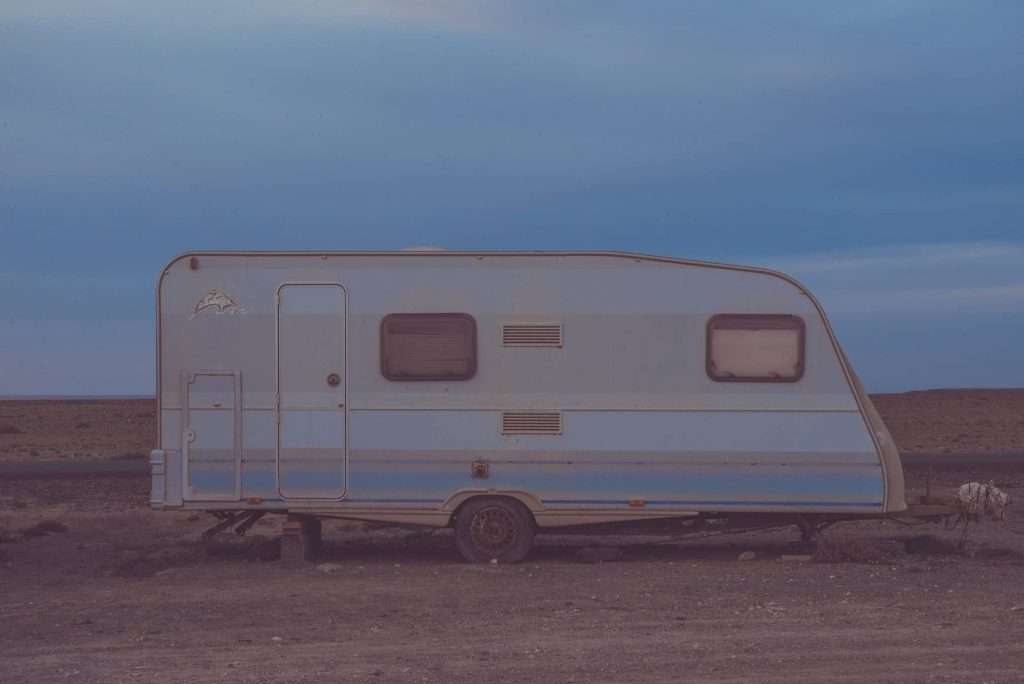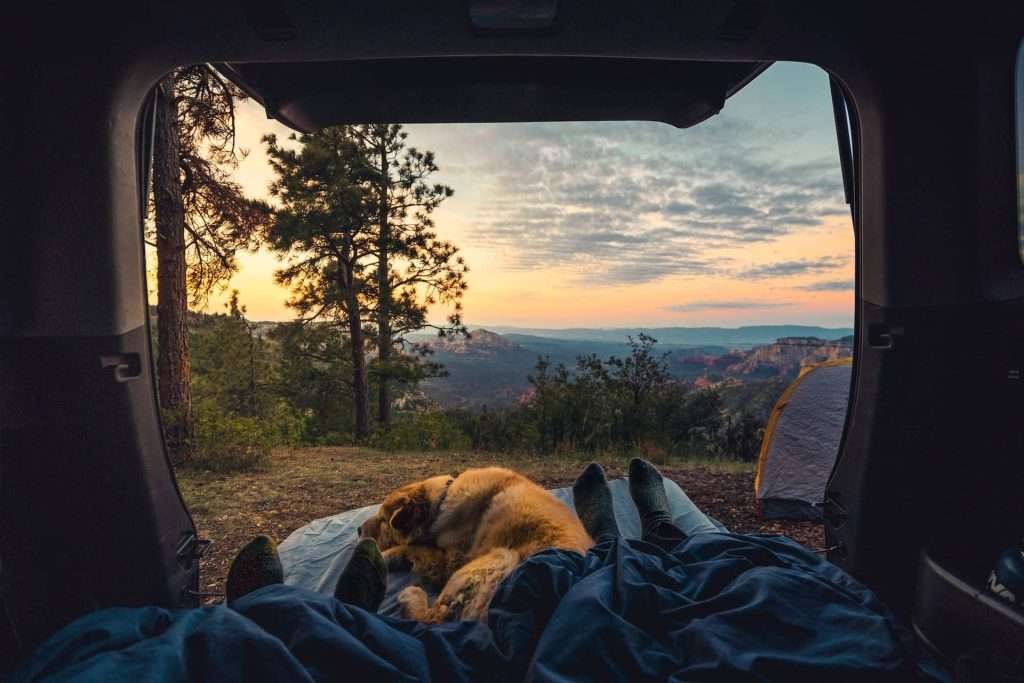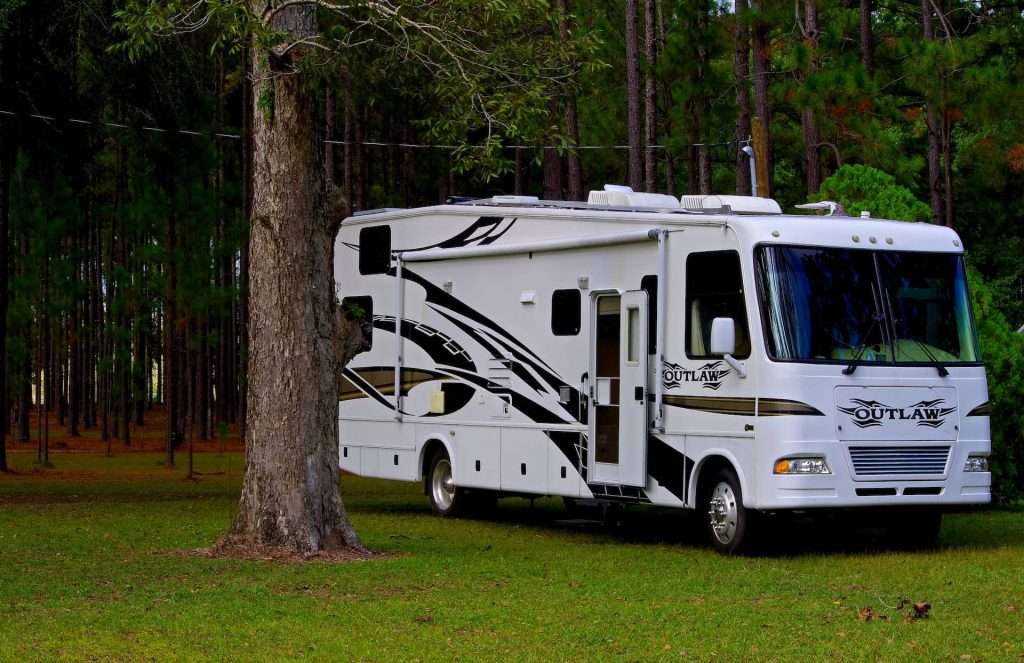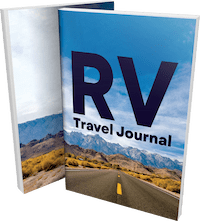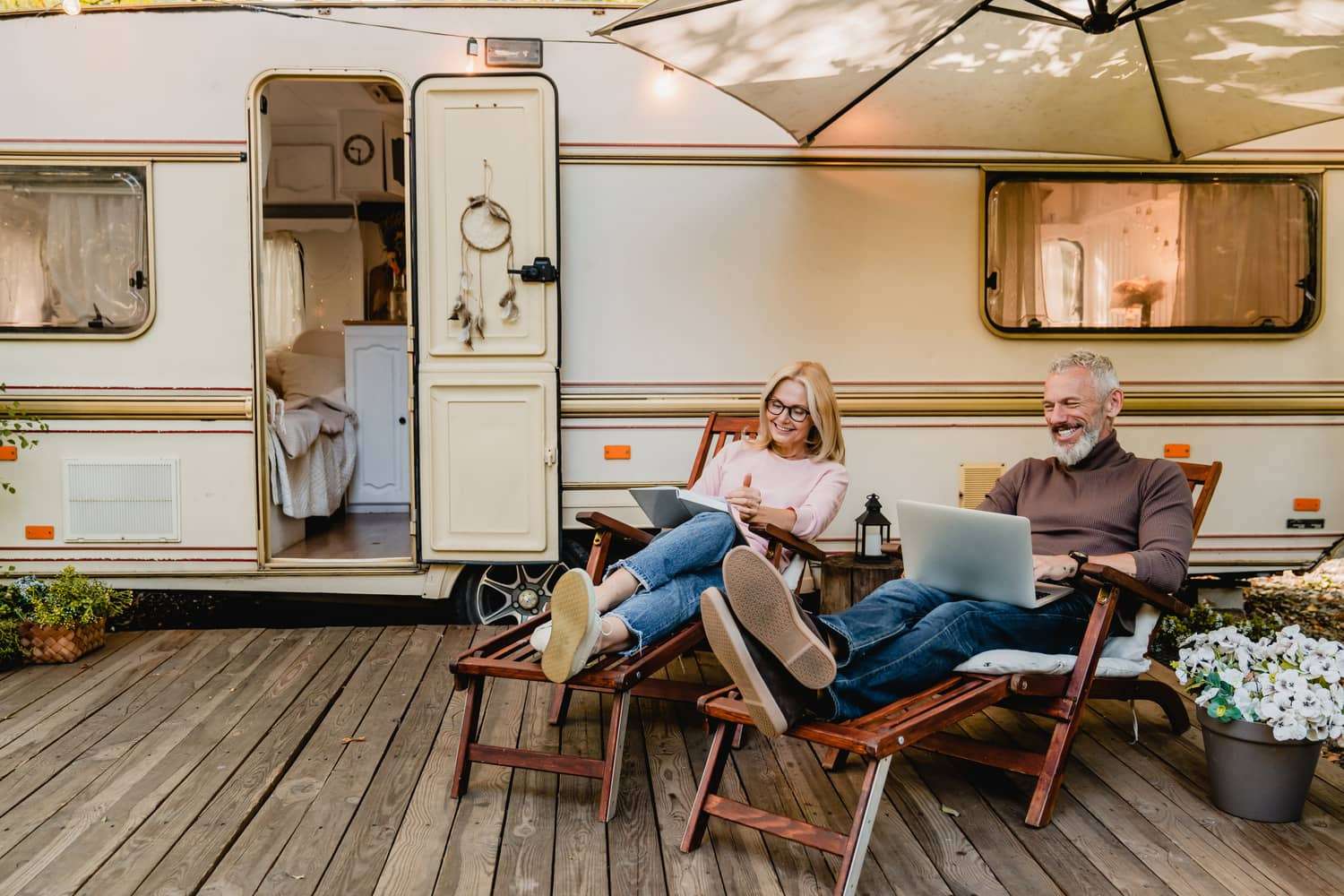
Planning An RV Trip: Essential Tips To Keep In Mind
Ah, the joy of planning an RV trip. It has a charm that no other form of travel can match: your home on wheels, the open road beckoning, the promise of adventure around every bend.
I still remember the thrill I felt when I planned my first trip, the careful preparation and thought that went into ensuring everything would run smoothly. That’s what I’d like to help you with today.
RV travel offers a unique fusion of comfort and exploration. Effectively planning an RV trip is about balancing these two elements to create an exciting journey that feels like home. With the right approach, your trip can be a seamless adventure, with every need met and every vista breathtaking.
But, as I learned the hard way, an RV trip can swiftly turn from a dream vacation into a series of mishaps and inconveniences without meticulous planning. The importance of careful preparation cannot be overstated.
From understanding your RV’s capabilities to meticulously planning your route and campsites, there are many facets to consider. In this article, I’ll share essential tips I’ve gathered from years of hitting the road, helping you make the most of your RV journey.
Whether you’re a first-timer or a seasoned road warrior, I hope these pointers will help you plan an RV trip that’s not just a journey but an experience to cherish.
Choosing Your Destination
Choosing your destination is one of the most thrilling parts of planning an RV trip, offering the exhilaration of the unknown combined with the satisfaction of purposeful preparation. To me, the journey is as important as the destination itself.
The first thing I always consider is my budget. Money shapes the contours of your journey, determining how far you can go and how long you can stay. It also helps guide decisions about where to park your RV each night. Be sure to factor in the cost of staying at RV parks and campgrounds, and remember to reserve your spot well in advance. Campgrounds, especially popular ones, can fill up fast. I’ve learned the hard way that a comfortable and well-situated spot to sleep is not something to be left to chance!
Plotting out the path to your destination is another key part of the process. Mapping out your journey can provide a clear sense of direction and help you identify areas of interest along the way. I enjoy reading up about the places I plan to visit – learning about a landmark’s history and importance always deepens my appreciation for the location.
On my longer journeys, I make it a point to pepper the trip with spontaneous visits to roadside attractions or other surprising finds. These unexpected delights often become the highlights of my travels.
Finally, remember to plan some downtime too. Whether it’s a leisurely picnic by a scenic vista, a hike through a national park, or simply time to relax in the RV, balance your trip with activity and rest. I’ve found that the most satisfying RV trips are the ones where I’m not always rushing to the next destination but taking the time to truly absorb each moment. Trust me, it makes all the difference.
Figuring Out What To Bring
When planning an RV trip, one aspect I pay special attention to is what I’m bring along. Careful selection of what goes into your RV can make the difference between a smooth and challenging trip. Believe me, I’ve been on both ends of that spectrum.
In terms of gear and apparel, consider the activities you have in mind. Whether I’m planning an RV road trip filled with biking and hiking, or a quiet lakeside retreat with a little fishing, I ensure I have the right equipment packed.
I’ve learned the hard way that it’s better to be over-prepared than caught off guard. However, packing light is key for an enjoyable RV trip. Less baggage means less stress, better fuel economy, and extra space for souvenirs and other items you might pick up along the way.
Food is another critical factor. Whether it’s for a cookout or campfire snacks, prepping your meals can save time and prevent discomfort on the road.
If you’re bringing your furry friend along, their needs should also be considered, from their meals and medication to their potty breaks.
For those extended hours in the RV, I always pack entertainment for a rainy day – board games, card games, and a stockpile of snacks are my go-to options. And on sunny days, outdoor games can add to the fun.
Finally, don’t forget to consider what you’re leaving behind, especially for longer trips. Make arrangements for pets, houseplants, mail, and bills. Planning an RV trip is not just about the journey ahead but also about ensuring peace of mind regarding what’s left at home.
Make Sure Your RV Is Ready
When planning an RV trip, an absolute must is to ensure your RV is ready for the journey ahead. In my experience, the state of your vehicle can make or break your adventure. This means more than just a full tank of gas and a clean interior – it requires a meticulous check of everything, inside and out.
Routine RV maintenance should be carried out without fail. From checking the air pressure in your tires to ensuring the engine is running smoothly, these checks are crucial. I’ve encountered a few hiccups on the road and found that keeping up with routine maintenance can help avoid many unexpected issues. Don’t forget to address any damaged or malfunctioning parts promptly. I’ve learned the hard way that delaying minor repairs can lead to major problems down the line.
Of course, having your RV inspection up to date and ensuring your insurance is in place is non-negotiable. There’s nothing like the peace of mind that comes from knowing you’re covered should any mishaps occur.
As for roadside maintenance, I always keep my supplies at the ready. This includes having roadside assistance information on hand. You never know when you might need a quick tire change or jump-start. I always remind myself: it’s better to be prepared and not need it than need it and not be prepared.
One of the best habits I’ve cultivated when planning an RV road trip is to maintain a checklist. This list contains everything I need to inspect and the maintenance tasks I need to perform. I make it a point to check up on my RV every time I pull over, whether it’s to fuel up, grab a meal, or soak in the scenery. This way, I can enjoy my trip, knowing my RV is as ready for the journey as I am.
Prepare Your Digital Devices
When it comes to planning an RV trip, there’s an often overlooked but incredibly essential factor: preparing your digital devices. These technological tools can greatly enhance your travel experience if used smartly.
Firstly, there are a plethora of apps available today that can greatly assist while on the road. For instance, apps like ‘Roadtrippers’ help plan your route and highlight interesting spots along the way. ‘Campendium’ is another great tool, allowing you to find and review campgrounds, even when offline. And, of course, who can forget ‘GasBuddy,’ an app that I’ve found invaluable for locating gas stations and comparing fuel prices on the go.
Next on my checklist is curating the perfect road trip playlist. Music can set the mood for your journey, keep you energized on long drives, and serve as the perfect backdrop as you relax in your RV. Trust me, there’s nothing quite like watching the sunset over a stunning landscape with your favorite tunes playing softly in the background.
While we’re talking digital, it’s crucial to download everything you might need for offline use when planning an RV road trip. I always make sure to have offline maps, music, and important apps readily available. This has come in handy numerous times, especially when I’ve ventured into remote areas where cellular service is spotty at best.
And finally, remember to set some time to unplug and disconnect. As much as our devices can enhance our trips, they can also detract from the pure joy of the journey if we’re constantly plugged in. I’ve found that keeping my devices charged and ready but setting them aside to truly take in the experience has made my RV trips all the more memorable and rewarding.
After all, what’s the point of a great adventure if we’re too absorbed in our screens to enjoy it?
Remember That Information Is Key
In my years of planning RV trips, if there’s one lesson I’ve learned, it’s this: information is key. Whether you’re heading out for a weekend getaway or embarking on a months-long journey, ensuring you have all the relevant information can save you a lot of hassle.
The first point of contact should be the people you’re visiting or the staff at your intended destinations. Specific hours of operation can vary, and it’s always a good idea to confirm them beforehand to avoid disappointments. I’ve learned this the hard way after a few missed opportunities!
Sharing your travel itinerary with family or friends can be invaluable, especially during long RV road trips. Providing them with dates, times, and contact numbers at your locations can be a source of reassurance for both you and them. After all, it’s comforting to know that someone has your back.
If you’ve left your home, pets, or other property in the care of others, it’s crucial to check in with them regularly. Even when I’m on the road, I make it a point to ensure everything back home is okay. This simple routine has saved me from many potential crises.
Knowing regulations by state is another must when planning an RV trip. Specific driving laws, such as hands-free cellphone usage, can vary widely. It’s not just about abiding by the law; it’s about ensuring safety for everyone on the road.
Finally, familiarize yourself with the regulations at your specific destinations. Knowing where you can park your RV or whether a location is pet-friendly can prevent unforeseen issues. It’s all about the details when planning an RV road trip, and trust me, having all the right information can make your journey as smooth as it is memorable.
Get Ready To Hit The Road
The final, and perhaps the most exciting, stage of planning an RV trip is actually getting ready to hit the road. Over the years, I’ve come to realize that this part requires just as much preparation as the initial planning stages.
One of the key things I always remind myself is to allow plenty of time between destinations. Traffic, accidents, road closures, inclement weather, or even something as mundane as a flat tire can throw a wrench in the most well-laid plans. It’s always better to have some extra time up your sleeve than to be rushing from one destination to the next.
When it comes to fueling up, I’ve found that gasoline exits with multiple stations often have the most competitive prices. The competition tends to drive prices down, making these stops a smarter choice for your wallet. Plus, with more options available, you’re less likely to be stuck in long lines waiting for your turn at the pump.
On long drives, don’t underestimate the power of cruise control. Not only does it give your foot a break, but it can also help with fuel consumption. By maintaining a steady speed, you can save on gas and make your RV road trip more economical.
Finally, remember to relax and enjoy the journey. As cliché, as it may sound, an RV road trip, is just as much about the journey as it is about the destination. No matter how well you plan, there will always be unforeseen hiccups along the way. The key is to take them in stride, adapt as needed, and never forget to appreciate the beauty and freedom that comes with the open road.
FAQs From People That Are Planning An RV Trip
What is the RV rule of 3?
This guideline, often adhered to by seasoned RVers, suggests a three-pronged approach to planning an RV trip to ensure a balance between travel and relaxation.
Firstly, it recommends limiting your travel distance to no more than 300 miles in a single day to avoid exhaustion and maintain safety on the road. Secondly, it advises you to aim for an arrival time no later than 3 pm. This gives you ample daylight to set up camp, unwind, and familiarize yourself with your surroundings.
Lastly, the rule encourages you to stay at each destination for a minimum of 3 days. This provides a sufficient duration to fully experience and appreciate each location without feeling rushed.
Can you sleep in an RV on the side of the road?
This is one of the most common questions that I get from people who are in the midst of planning an RV road trip. Sadly, there is no quick and easy answer to this question; it varies depending on the local laws and regulations in the area that you’re traveling through.
In some places, it’s completely legal to pull over and sleep in your RV on the side of the road or in a rest area. However, in other places, this is strictly prohibited. It’s crucial to check local laws and ordinances before deciding to park for the night. Keep in mind that safety should always be a top priority, so even if it’s allowed, make sure you’re in a well-lit, safe area.
So, Are You Ready To Hit The Road?
Planning an RV trip is a journey of its own, filled with excitement and preparation. By keeping the vital points we’ve discussed in mind, you can create a well-rounded itinerary that ensures a memorable and hassle-free adventure.
Remember to consider your destination carefully, pack thoughtfully, ensure your RV is in tip-top shape, prepare your digital devices, and stay informed about your routes and responsibilities. Embrace the unique joy of arriving at new places, taking in the sights and sounds, and making memories that will last a lifetime.
As you venture out into the open road, remember that successful RV road trips are all about balance—exploring the unexplored, resting when needed, and relishing the spontaneity of travel. Happy RVing!

